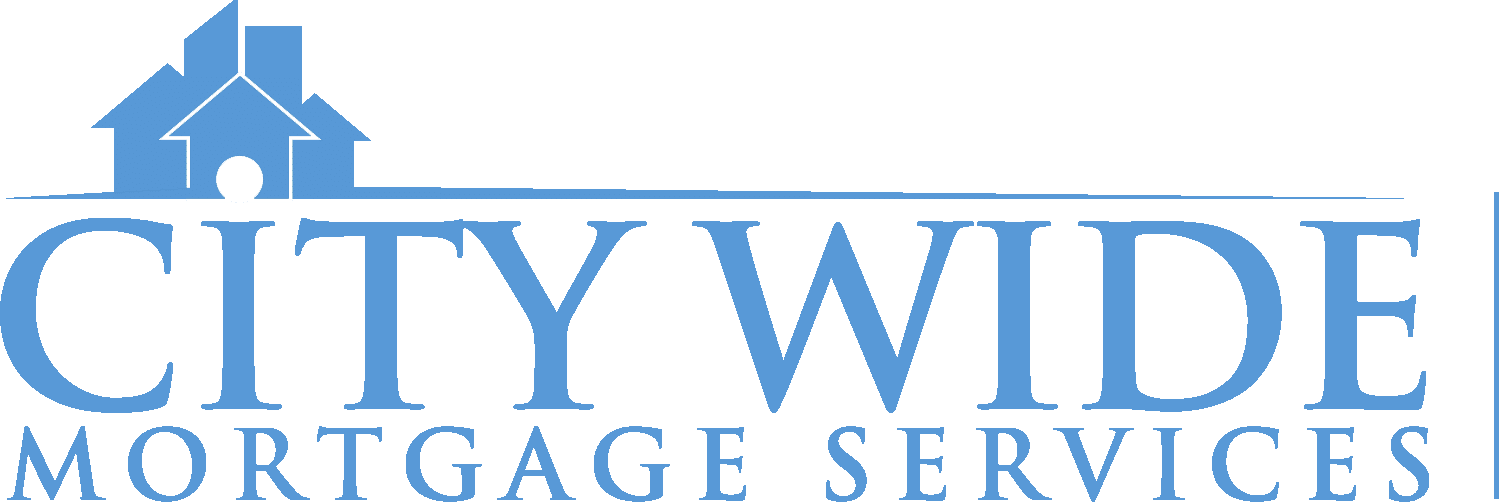How To Shop For A Mortgage (Part 4 – Mortgage Registration)
I’ve wanted to do a video on this for some time, as I keep running into clients who are coming up to the end of their mortgage term, can save money by changing banks only to realize that they can’t actually leave without it costing them money. So we’re going to talk about 2 types of mortgage registration –standard charge & collateral charge mortgages. With some banks moving exclusively to collateral charge mortgages, it’s important to understand the differences.
Standard charge mortgages are what most people are familiar with. With this, the amount of your mortgage is registered on title – no more, no less. If you’re buying a $500k place with $100k down, then only that $400k will be registered.
Now, with a standard registration, once you reach the end of your term, it’s almost like you are a free agent again. You’ll get a renewal offer from your bank & if you find a better offer elsewhere, you can move banks without having to worry about paying legal fees all over again. If you can save money leaving, leave! Easy peasy.
Now the reality here is that an awful lot of people don’t bother to shop around at renewal & they just sign the offer they get in the mail & begin a new term. Well lenders know this & count on this & this is why renewal offers are usually not very good. This is why you should always give me a call when you are 4 months from renewal to see what’s out there.
I bring up renewal b/c the differences between standard & collateral charge mortgages are most evident here. With a collateral charge mortgage, you can’t actually leave your bank unless you pay legal fees all over again. In that sense, the lender has their hooks in you a little deeper. They know it’s going to be more difficult for you to move & because of that they may not be as sharp on their renewal offer. So for borrowers who want to keep their options open at maturity & have some negotiating power with their lender, this may not be the best option.
Further to this, with a collateral charge, all of your secured debt (credit cards, lines of credit) that you have with your bank that is interconnected with your mortgage may have grave implications. If you default on one, the banks can go after your property to pay off those accounts. They can even increase your interest rate by up to 10%. You could potentially lose your house.
So who is a collateral charge mortgage good for? The advantage of this is the bank can advance you more money after closing without involving a lawyer. Provided you aren’t exceed the amount initially registered for, if you wanted to set up or increase your line of credit, take out some equity for renovations or investments, you can do all this & save from having to pay the costs of reregistering.
The problem, is most of the banks that register in this fashion don’t give you the choice.
Know what your options are, know the pros & cons of each & make sure you’re committing to the right product.
I’m Ryan with City Wide Mortgage services, contact me to learn more of the different types of mortgages out there.
Ryan Zupan
ryan@citywidemortgage.ca
604.250.6122
